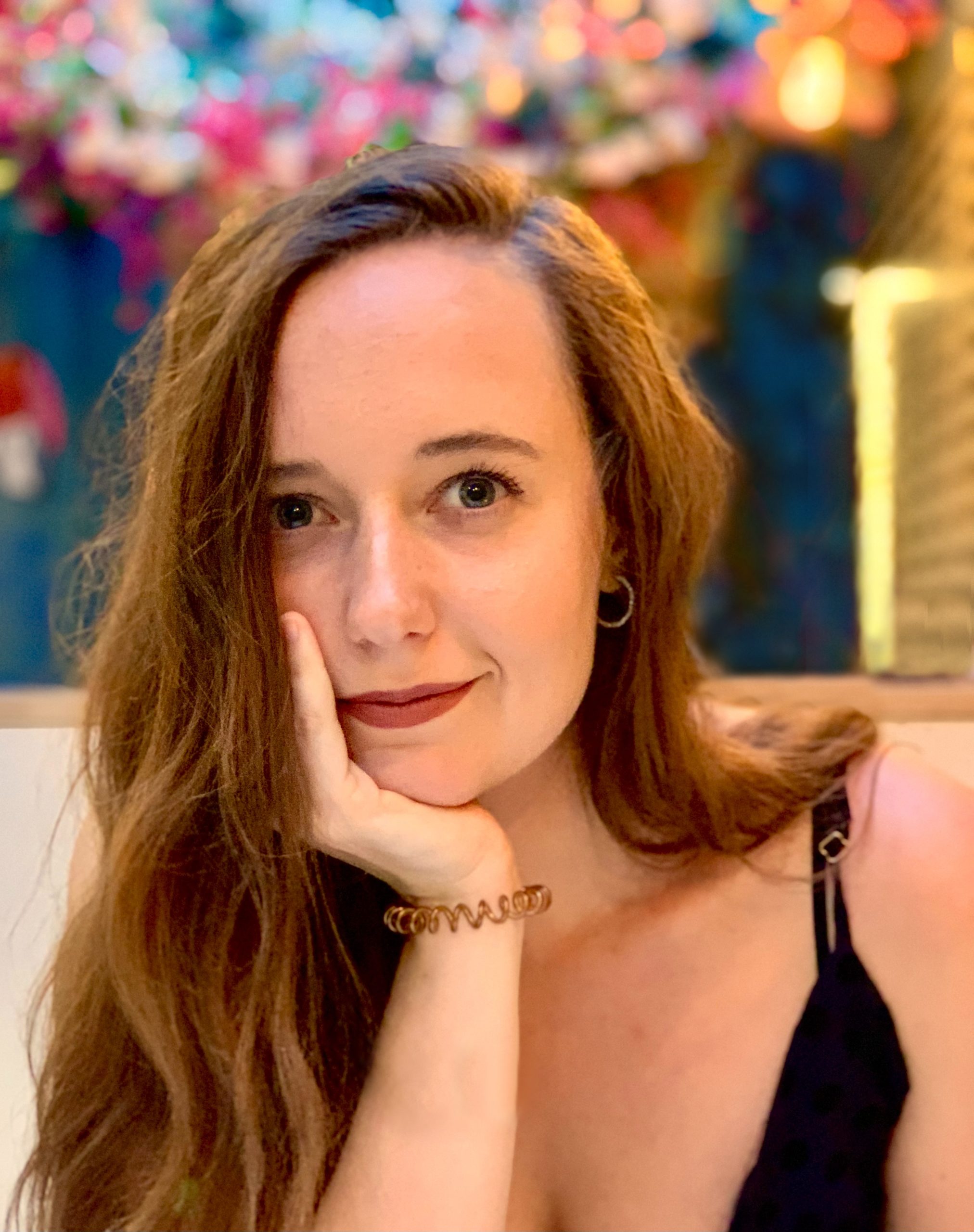Safeguarding the Shameless! Festival: Lessons from a Thought-Provoking Process

With the Shameless! Festival just around the corner, our team has been busy preparing our workshops, panel discussions, and lectures for the big day. I am filled with excitement at the opportunity to contribute to and learn from the multitude of artists, activists, and academics joining us later this month. While there is an electric buzz in the air at our team meetings, there has also been a lingering awareness of the magnitude of the topic and the vulnerability inherent to a festival format. For me, it is all new territory. This isn’t an academic conference and it isn’t about an abstract topic: we are hosting hundreds of survivors in an interactive, immersive experience where we will confront sexual violence and rape head-on.
Luckily, our partners at WOW are seasoned festival professionals and our own team—built from researchers of sexual violence—understand the importance of providing a safe atmosphere to discuss sexual violence. Knowing the gravity of the festival we are creating, our teams joined together for a two-day training on safeguarding in the context of sexual violence survivorship.
To say I learned a lot would be an understatement. The Survivors Trust provided us with background information and context about safeguarding, coaching on trauma-informed approaches to disclosures of sexual violence, and practical scenarios for our teams to work through in order to protect attendees, presenters, and ourselves.
As a survivor, I felt empowered, not only through outlining the practicalities of creating a safe environment, but also in addressing my own deep emotional connection to this topic and the event.
For me, a few takeaways were too important (and interesting) not to share:
1. Safeguarding should be authentic and engaging.
In my previous corporate experience, safeguarding was presented as a tick-the-boxes, bureaucratic process to protect the liability of organizations. In this conceptualization, safeguarding doesn’t do what it should: protect those engaging in a space where they might encounter vulnerability. During our session, the facilitator helped us understand the potential for safeguarding to be memorable, practical, and centered around respecting individuals’ choices regarding their disclosures. When organizations integrate safeguarding into their ethos, members can have more authentic, safe, and accountable interactions which enhance the environment for everyone.
2. Safeguarding requires setting clear expectations.
Just like a contract, terms and conditions of participation are important for events and workplaces. The services appropriate for our own office of researchers at Birkbeck and those required for an interactive festival with survivors from all backgrounds are very different. Being transparent about our terms and conditions at the festival is essential for a safe environment. We have worked with WOW to outline clearly and concisely not only our expectations of respect for one another from attendees and presenters, but our teams have also engaged trained mental healthcare professionals and survivor-led organizations to help guide us through the day.
3. Triggers abound, but we can work through them.
After interacting with survivors through my research, I’ve realized triggers come in all forms, in all situations, and create a multitude of reactions for individuals. There is no fool-proof way to prevent a trigger for someone, but our training gave us helpful information on providing support using the 5-4-3-2-1 grounding method. By acknowledging small sensations and details in our immediate surroundings, we can often reclaim our place in the present rather than being taken back to the site of a traumatic event in our minds.
After two sessions of safeguarding workshops, I feel increasingly confident about my role in engaging with survivors both at the festival and in my research.
Throughout the trainings, our convenor gave us many pieces of sage advice, but none of them struck me quite as powerfully as this: what happened to us (survivors of sexual violence) was not normal, but what we experience—the emotions, the overwhelm, the detachment—as a result of surviving that event is normal.
I cannot wait to do my small part in creating a space at the Battersea Arts Centre on the 27th November where survivors are normal, celebrated, and working toward creating a violence-free future.
For more information on the festival line-up, check out our blog. To enquire about tickets to the festival and the evening event featuring Emily Ratajkowski, click here!